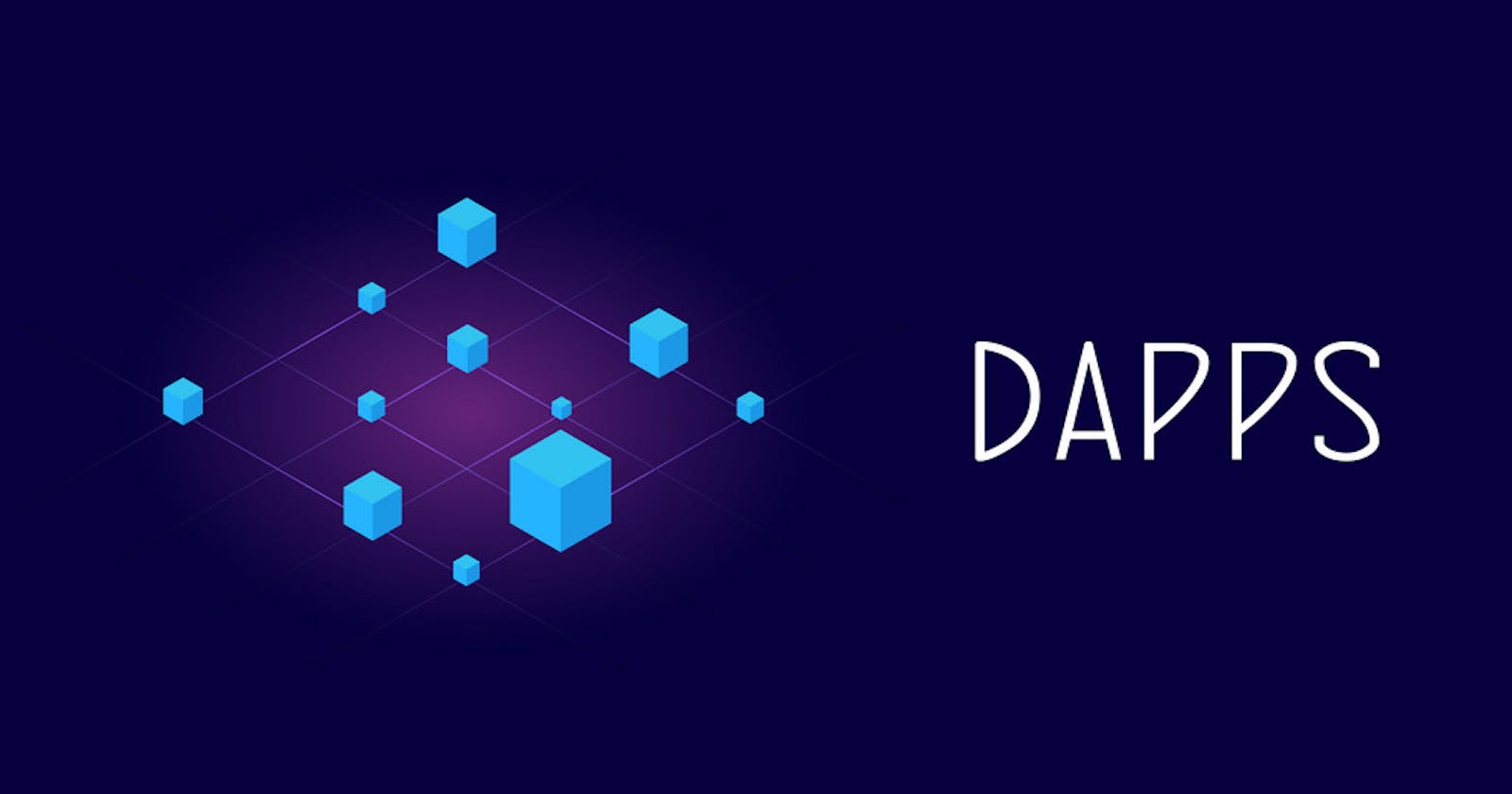Navigating the World of Decentralized Applications (dApps): A Comprehensive Exploration
Greetings, esteemed readers,
In today's digital landscape, the emergence of Decentralized Applications (dApps) represents a pivotal advancement in technology, redefining the way we interact with and utilize online platforms. In this discourse, we embark on a structured exploration of dApps, delving into their fundamental principles, myriad benefits, and noteworthy examples across diverse sectors including gaming, finance, and social media.
Understanding Decentralized Applications (dApps):
At its core, a decentralized application (dApp) is an application that operates on a decentralized network, utilizing blockchain technology to facilitate peer-to-peer interactions without the need for intermediaries. Unlike traditional applications that are governed by centralized authorities, dApps are characterized by their distributed nature, transparency, and immutability.
Benefits of Decentralized Applications:
The adoption of dApps brings forth a plethora of advantages, notably:
Enhanced Security: Leveraging blockchain's cryptographic protocols, dApps offer robust security measures, safeguarding user data and transactions from unauthorized access and tampering.
Transparency and Trustlessness: By operating on decentralized networks, dApps promote transparency and eliminate the need for trust in third-party intermediaries, fostering a more equitable and inclusive ecosystem.
Censorship Resistance: With no central authority exerting control, dApps are inherently resistant to censorship, ensuring freedom of expression and access to information.
Exploring Popular dApps Across Industries:
Gaming: Decentralized gaming dApps such as Axie Infinity and Decentraland are revolutionizing the gaming industry by offering players true ownership of in-game assets, provably fair gameplay, and opportunities for monetization through non-fungible tokens (NFTs).
Finance: DeFi (Decentralized Finance) dApps like Uniswap and Compound provide users with access to a wide range of financial services, including lending, borrowing, and trading, all without the need for traditional banking intermediaries.
Social Media: Social media dApps such as Minds and Steemit aim to decentralize content creation and distribution, empowering users to earn rewards for their contributions while maintaining control over their data and privacy.
Conclusion:
In conclusion, the rise of decentralized applications represents a paradigm shift towards a more transparent, secure, and inclusive digital ecosystem. As we continue to explore the vast potential of dApps across various industries, it is imperative to embrace the opportunities they present while remaining vigilant of potential challenges and complexities. Together, let us embark on this journey of discovery and innovation, forging a brighter future for decentralized technology.
Thank you for your attention.
Warm regards

